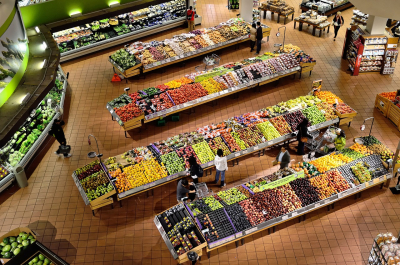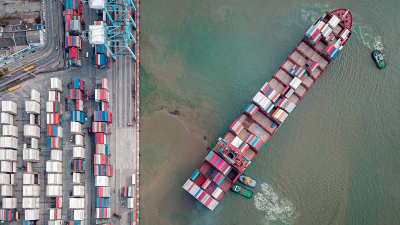Geopolitical challenges and strategic goals
Canada's tourism strategy, released by Destination Canada in June, identifies key target audiences and outlines plans to enhance the country's appeal. One of the primary target markets is East Asia, including China. However, strained relations with China have significantly impacted tourism. China has not reinstated Canada on its list of approved tour destinations, resulting in a substantial loss of business from this key market.
Frederic Dimanche, director of the Ted Rogers School of Hospitality and Tourism Management at Toronto Metropolitan University, explains that the Travel and Tourism Development Index considers various factors, including safety, security, air transport quality, and cultural resources. Improving Canada's ranking depends not only on internal enhancements but also on the performance of other countries.
Claire Fan, an economist at RBC, notes that while domestic travel in Canada has rebounded post-pandemic, the number of foreign visitors remains below pre-pandemic levels, particularly from East Asia. This has been echoed by Etienne Cameron, co-owner of Lady Dive Tours in Ottawa, who has observed a significant decrease in Asian tourists.
Domestic focus and economic impact
Three-quarters of Canada's tourism demand is domestic. Fan suggests that the government should focus on growing this segment. However, foreign tourists are still crucial for the industry, as they bring new money into the economy. Federal Minister of Tourism Soraya Martinez Ferrada emphasizes that increasing foreign tourism means more spending, longer stays, and year-round visits.
Tourism is a major economic driver in Canada, supporting 1.9 million jobs across the country. According to Martinez Ferrada, the tourism sector outpaces other significant industries like automotive, agriculture, and fisheries in terms of economic contribution.
Transportation and cost issues
The high cost of travel within Canada is a major hurdle. Traveling between major cities like Montreal and Vancouver can be as expensive as flying to Europe. This is exacerbated by the lack of rapid rail options and limited airline competition, which keeps prices high. Martinez Ferrada acknowledges this issue and highlights the government's commitment to investing in transportation infrastructure to make travel within Canada more affordable and convenient.
Climate change and tourism
Climate change poses another significant challenge. Wildfires, for instance, can damage Canada's reputation as a safe and attractive destination when international media report that "Canada is burning." Addressing climate change involves not only mitigating its impacts but also developing strategies for tourist safety and evacuation during natural disasters.
On the other hand, climate change could potentially extend the tourist season for certain attractions. For example, an unfrozen river for longer periods could benefit Lady Dive Amphibus tours in Ottawa. Cameron remains optimistic, suggesting that the focus should be on strengthening international relations, investing in tourism, and showcasing Canada's unique appeal.
Canada's ambition to become a top 10 global tourism destination by 2030 is a challenging but achievable goal. Overcoming geopolitical issues, reducing travel costs, and addressing climate change impacts are critical components of this strategy. With targeted efforts to grow domestic tourism, attract international visitors, and invest in transportation and infrastructure, Canada can enhance its position on the global tourism stage. The government's commitment to sustainability and resilience will be key to navigating the complexities of the modern tourism landscape.
source: CBC


 Are you thinking about investing in real estate in Albania? Looking for a safe and profitable opportunity? Balfin Real Estate
Are you thinking about investing in real estate in Albania? Looking for a safe and profitable opportunity? Balfin Real Estate The issue of tariffs has gained significant attention in Canada following months of warnings from U.S. President Donald Trump. Tariffs
The issue of tariffs has gained significant attention in Canada following months of warnings from U.S. President Donald Trump. Tariffs The Canadian government has taken decisive action following new U.S. tariffs. Prime Minister Justin Trudeau announced immediate countermeasures after President
The Canadian government has taken decisive action following new U.S. tariffs. Prime Minister Justin Trudeau announced immediate countermeasures after President

